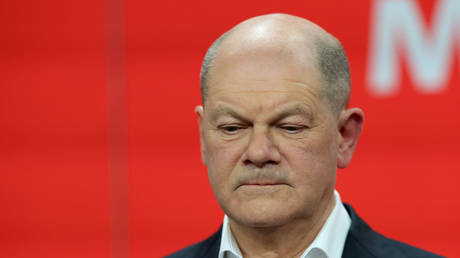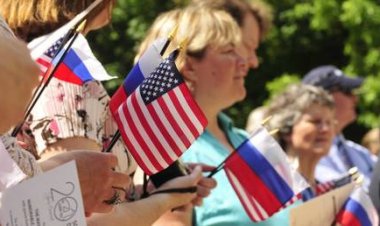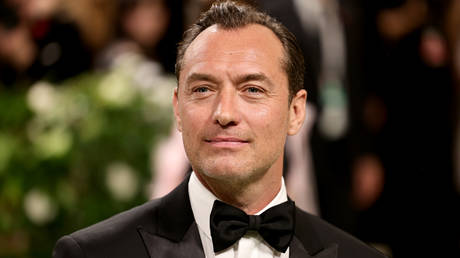Scholz Acknowledges Loss in German Election
Chancellor Olaf Scholz has acknowledged defeat as projections indicate that conservatives are set to win the upcoming snap elections in the country.

On Sunday, German Chancellor Olaf Scholz acknowledged his defeat, extending congratulations to Friedrich Merz, the leader of the Christian Democratic Union/Christian Social Union alliance, which is projected to triumph in the snap election. Exit polls from public broadcaster ZDF indicate that the CDU/CSU is leading with 28.5% of the vote, while Scholz’s Social Democrats have recorded a historic low of just 16.5%, marking their worst electoral performance since World War II.
"This is a bitter election result for the Social Democratic Party. It is also an electoral defeat," Scholz remarked in his initial statement following the release of the results, as reported by Reuters, before recognizing his opponent's success.
Merz expressed his intent to swiftly begin the formation of a government, stating: “Tonight, we celebrate, and from tomorrow, we start working... The world out there is not waiting for us.”
The AFD has also achieved a significant milestone by coming in second with nearly 20% of the projected vote—its highest national result thus far. Party co-leader Alice Weidel celebrated the outcome as “historic,” emphasizing that the AFD is “open to coalition negotiations... otherwise, no real policy change will be possible in Germany.”
Scholz's governing coalition faced substantial setbacks, having collapsed in November when the Free Democrats withdrew. The Greens are expected to secure around 12%, while the FDP narrowly met the 5% threshold necessary for parliamentary representation.
Analysts suggest that a “grand coalition” between the CDU/CSU and SPD, Germany’s leading centrist parties, remains the most plausible route to forming a new government. Historically, these two parties have shared power four times since WWII, the latest instance being under former Chancellor Angela Merkel. However, Scholz's role in any potential new government remains uncertain, as Merz has previously ruled out collaboration in the same cabinet.
Under Merz's leadership, the CDU/CSU has shifted further to the right, particularly regarding migration policy, diverging from Merkel’s centrist stance. The election campaign was characterized by intense discussions on immigration, heightened by a series of incidents involving migrants.
In an unexpected development, US Vice President J.D. Vance and tech entrepreneur Elon Musk publicly engaged in the German political scene. Vance met with Weidel in Germany last week, reportedly discussing topics such as the Ukraine conflict, German domestic policies, and freedom of speech, including the concept of a "firewall against the right."
Musk has consistently criticized Scholz, referring to him as a “fool,” and has endorsed Weidel for chancellor, engaging with her during a live chat. The billionaire notably made a surprise appearance at an AFD election campaign event in Halle at the end of January, publicly voicing his support for the party.
Allen M Lee for TROIB News












